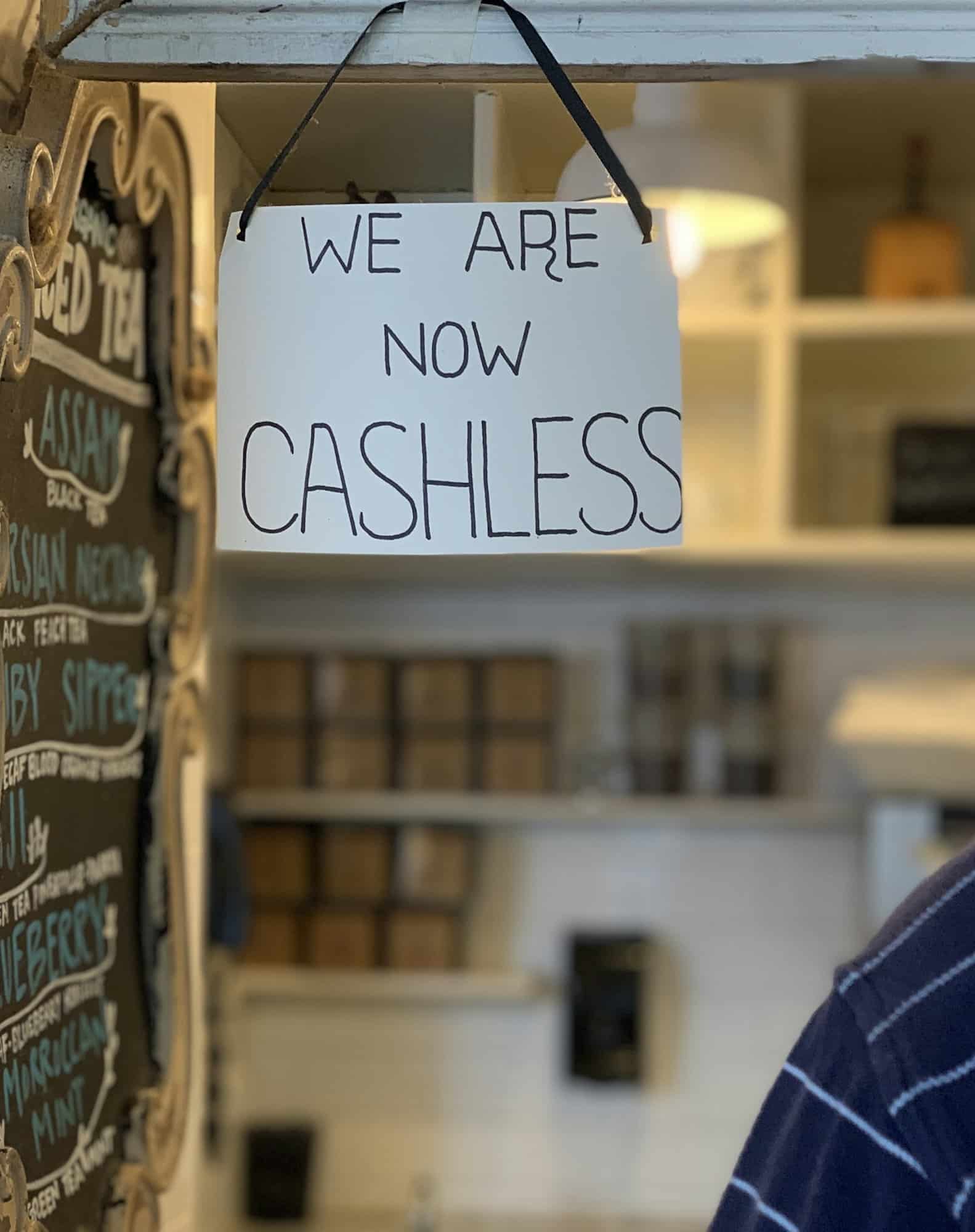What Are the Challenges and Opportunities in UK’s Transition to Cashless Transactions?

Modern society is undergoing a dramatic shift in terms of financial transactions, from traditional cash-based payments to digital cashless methods. This change is providing both challenges and opportunities that are influencing the face of the financial landscape in the UK.
Understanding the Cashless Society
The concept of a cashless society hinges on the notion of digital payments becoming the primary method of conducting transactions. This includes bank transfers, card payments, mobile banking apps, and other digitally enabled services.
Avez-vous vu cela : What Are the Ethical Considerations of Using Drones in UK Wildlife Conservation?
The shift towards cashless transactions is not a new phenomenon. It has been gradually gaining momentum over the years, but the COVID-19 pandemic has provided an unexpected boost to this transition. Safety concerns regarding physical cash as a potential carrier of the virus have led to a surge in cashless payments.
A recent survey by UK Finance showed that in 2019, only 23% of all payments in the UK were made with cash. This data is a clear sign of the ongoing transition. However, the move towards a cashless future also poses several challenges.
A découvrir également : What Is the Potential of Deep Sea Mining for Rare Earth Elements in the UK?
Challenges in the Transition to Cashless Transactions
The prospect of a cashless society in the UK is not universally welcomed. Many people, particularly the elderly and those in rural communities, are heavily reliant on cash. They often lack the necessary digital literacy skills or access to the internet, making it difficult for them to switch to digital banking or card payments.
Moreover, the dependence on digital technology raises concerns about the potential for fraud or data breaches. Cybersecurity risks are a significant challenge for banks and financial institutions, as they need to ensure that their digital payment systems are secure.
The question of privacy is another issue. Cashless transactions leave a digital footprint, raising questions about how this data is handled and who has access to it. The potential for misuse of this data is a concern for many people.
Opportunities in the Transition to Cashless Transactions
Despite the challenges, the shift to cashless transactions also presents numerous opportunities. One of the major advantages is the convenience it offers. Digital payments are often faster and more efficient than traditional cash payments. They can be made from anywhere, at any time, reducing the need for physical visits to the bank.
Digital payments also leave a clear trail that can be tracked, which can be helpful for budgeting and personal finance management. This data can also be used by financial institutions to provide more personalised services and offers to their customers.
Moreover, the move to cashless transactions can also lead to significant cost savings. A study by the Bank of England found that handling, storing and transporting cash can cost businesses and banks up to 0.5% of their turnover. By reducing the reliance on cash, these costs can be significantly reduced.
The Role of the Financial Industry in the Transition
The financial industry, consisting of banks and other financial services providers, plays a crucial role in this transition. They are tasked with developing and implementing the necessary infrastructure for cashless payments, ensuring their security, and educating their customers about their use.
The rise of Fintech companies, which are leveraging technology to provide innovative financial services, is also playing a significant role in this transition. These companies are able to provide a range of digital payment solutions, from mobile banking apps to contactless payment options, that make it easier for people to make the switch to cashless transactions.
The Impact on Society
The shift towards a cashless society will undoubtedly have a profound impact on society as a whole. On one hand, it can lead to more efficient and convenient financial transactions, and open up new avenues for innovation in the financial services sector. On the other hand, it can also lead to increased inequality, as those without access to digital technology or the necessary skills are left behind.
Therefore, as the UK continues its transition towards a cashless society, it is vital to address these challenges and leverage the opportunities that this transition presents. This will ensure that the benefits of cashless transactions can be enjoyed by all segments of society, while mitigating the potential risks and downsides.
The Role of the Government in the Transition
As the shift towards a cashless society accelerates, the role of the government becomes increasingly critical. The government is responsible for creating a supportive regulatory environment that can foster innovation while ensuring consumer protection. This includes implementing regulations concerning data privacy and security, as well as promoting financial inclusion and digital literacy.
The government can also play a significant role in a cashless society through the potential introduction of a Central Bank Digital Currency (CBDC). The Bank of England has been actively exploring this concept, which involves a new form of digital money, issued by the central bank, that could be used by households and businesses to make payments. However, the introduction of a CBDC would represent a significant shift in the UK’s financial landscape and would require careful consideration and planning.
Promoting financial inclusion is another important task for the government. As the reliance on cash decreases, there is a risk that those without access to digital payment methods could be excluded from the financial system. The government, therefore, needs to ensure that everyone, including those in remote areas and the elderly, has access to digital payment services.
Adapting to a Post-Cash Era
As the transition towards a cashless society continues, businesses, financial institutions, and individuals will need to adapt to the changing landscape. For businesses, this could mean investing in new payment technologies and training staff to handle digital transactions. For financial institutions, it will involve enhancing security measures to protect against cyber threats and developing new products and services to meet customer demands.
For individuals, learning how to use digital wallets, online banking, and other cashless payment methods will become increasingly important. However, the convenience and efficiency of digital payments should not overshadow the need for financial education. Understanding the terms and conditions of digital payment services, as well as the potential risks such as fraud and data breaches, is crucial.
As we move into a post-cash era, it’s clear that the COVID pandemic has accelerated the transition towards a cashless economy. Cash remains an important payment method for some, but its role will continue to diminish as digital payments become more prevalent.
Conclusion
The transition towards a cashless society in the UK presents both challenges and opportunities. While the shift brings about efficiency, convenience, and cost benefits, it also raises concerns about data privacy, cybersecurity and financial inclusion. Engaging the elderly and those in rural communities, who are heavily reliant on cash, in this digital transformation is a pressing issue.
The financial industry, the government, and individuals all have a crucial role to play in this transition. The financial industry, including banks and Fintech companies, needs to ensure the security and ease-of-use of digital payments. The government needs to foster an environment that promotes innovation while providing safety nets for those who could be left behind. And individuals need to embrace the change, adapt to new payment methods, and equip themselves with the necessary digital literacy skills.
The journey towards a cashless society is a complex one, filled with obstacles and opportunities. However, with careful planning, collaboration, and education, it’s a journey that has the potential to revolutionise the financial landscape in the UK and beyond. As we move forward, the ultimate goal should be to create a cashless society that is inclusive, secure, and beneficial for all.
